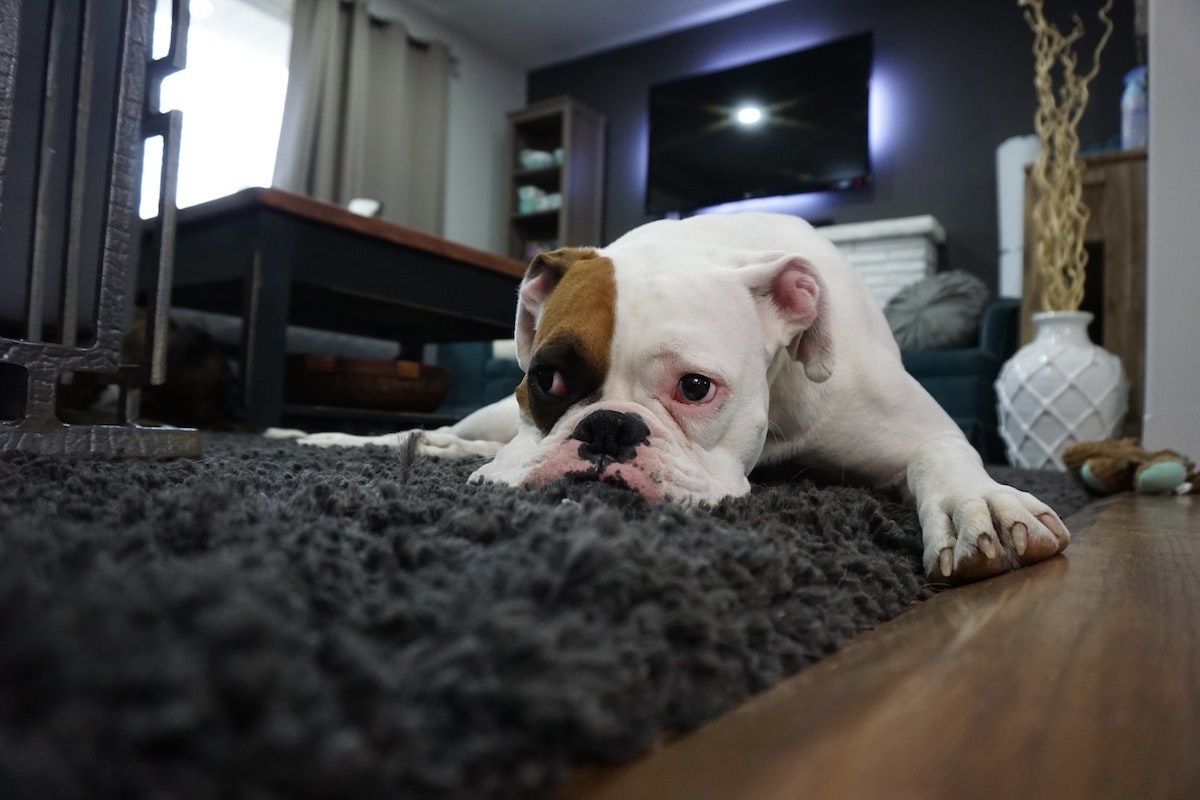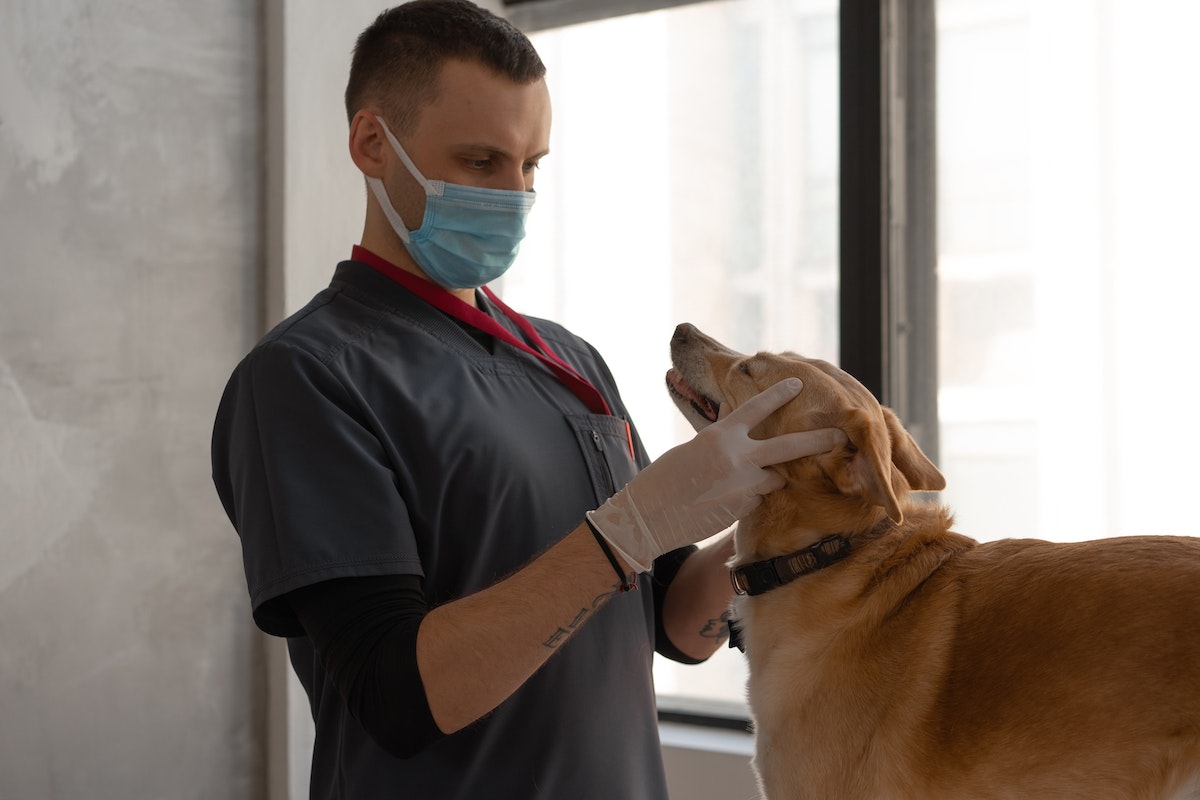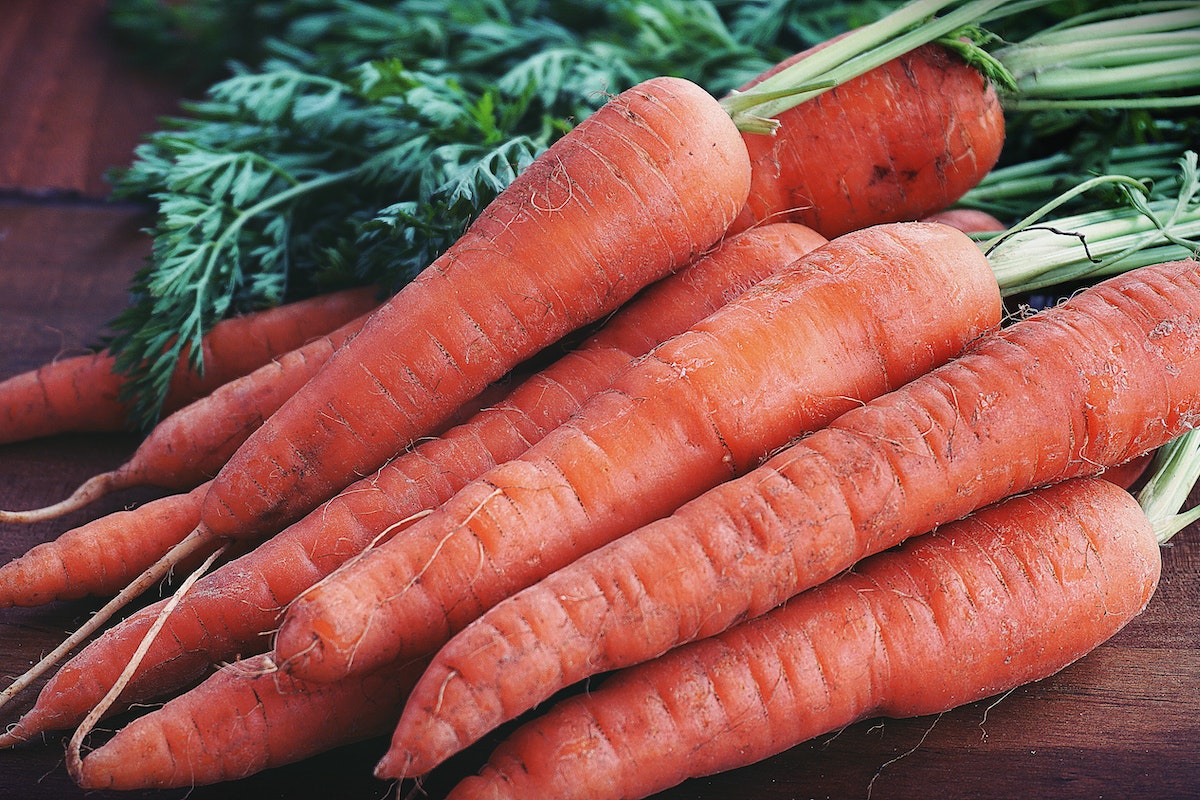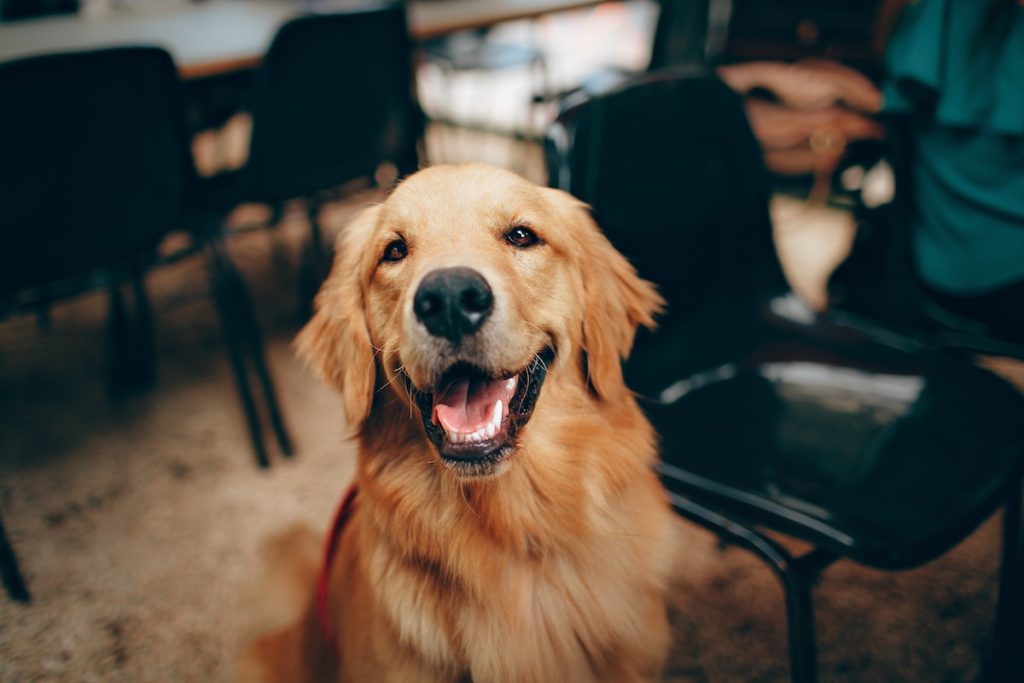Several factors can cause bad breath in dogs. From poor dental hygiene to a diet high in smelly foods, bad breath can be a problem for pet owners and their dogs. Fortunately, there are some simple steps you can take to help get rid of bad dog breath fast. From brushing your pup’s teeth to changing their diet, these steps can help you and your pup get back to enjoying fresh breath in no time. Read on for tips on how to get rid of bad dog breath fast.
- Understanding the Causes of Bad Dog Breath
- Importance of Addressing Bad Dog Breath
- Maintaining a Regular Dental Care Routine
- Brushing Your Dog’s Teeth Effectively
- Using Breath-Freshening Products for Dogs
- Implementing Diet and Nutrition Changes
- Natural Remedies for Freshening Dog Breath
- Professional Dental Cleanings for Dogs
- When to Consult a Veterinarian for Bad Dog Breath
- Preventing Bad Dog Breath in the Future
- Frequently Asked Questions
- 1) How often should I brush my dog’s teeth to combat bad breath?
- 2) Are there any natural remedies or home remedies for bad dog breath?
- 3) Can a change in diet help improve my dog’s breath?
- 4) Are there any breath-freshening products specifically designed for dogs?
- 5) Should I be concerned if my dog’s bad breath persists despite my efforts?
- Bottom Line
Understanding the Causes of Bad Dog Breath

If your pup’s breath is consistently bad, figuring out the cause is essential. Different causes of bad breath can require other solutions. Some common causes of bad dog breath include the following:
1. Poor dental hygiene
Poor dental hygiene is one of the most common causes of bad breath in dogs. Food and bacteria can build up in your pup’s mouth without regular brushing, leading to dog bad breath. They may also need regular professional cleanings to remove plaque and tartar.
2. Dental disease or infection
If your dog has a dental disease or infection, it can result in bad breath. This type of bad breath typically requires more than just regular brushing and may require a visit to the vet. Some examples of dental issues include:
a. Periodontal disease
This gum infection can cause bad breath and other oral health issues. It is caused by a buildup of plaque and tartar on the teeth and can require professional cleaning.
b. Oral tumors
Oral tumors are growths in the mouth that can cause bad breath. You may see them as lumps or bumps in your pup’s mouth, requiring surgical removal in some cases.
c. Tooth decay
If your dog has a tooth that is decaying, it can cause bad breath. Your vet may need to extract the decayed tooth to solve the problem. But good dental hygiene can help prevent decay in the first place.
3. Dietary changes
A change in diet can also lead to bad breath in dogs. If your pup eats smelly foods, the smell may linger in their mouth and cause bad breath. For example, a diet high in garlic can cause bad breath. Switching to high-quality dog food that is low in odor-causing ingredients can help eliminate bad breath.
4. Medical condition
Sometimes, bad breath can be a symptom of a more serious underlying illness. If your pup’s bad breath is accompanied by various symptoms such as lethargy, loss of appetite, or vomiting, it could indicate an underlying medical problem. In this case, you should take them to the veterinarian to get checked.
It is essential to identify the cause of your pup’s bad breath before taking steps to get rid of it. This will help ensure that you are treating the issue at its root. If you are unsure what is causing your pup’s bad breath, visiting the vet can help you get to the bottom of it.
Importance of Addressing Bad Dog Breath
Addressing bad breath in your dog should not be taken lightly. Bad breath can be a sign of underlying medical problems; if left untreated, it can lead to more serious issues. Additionally, bad breath can make spending time with your pup much less enjoyable.
Bad breath as a symptom can impact your pup’s quality of life and interfere with their ability to interact with other animals. Especially with cool dog breeds like the Shih Tzu, who loves cuddling and socializing, this can be a real issue. That is why getting rid of bad breath in your pup is essential as soon as possible. You can address the underlying cause and give your pup regular dental care.
Maintaining a Regular Dental Care Routine

Maintaining a regular dental care routine is the best way to get rid of bad breath in your pup. By ensuring that your pup’s teeth are clean and free of plaque, you can help prevent bad breath. Regular brushing with a toothbrush and dog-safe toothpaste is essential for good oral hygiene. This should be done at least twice a week for the best results.
If your pup is hesitant about brushing, you can start by using a finger brush or dental wipe to get them used to the process. It may also help to offer rewards after brushing or give them special treats designed for doggy dental health.
Additionally, your pup may need professional cleaning from the vet at least once a year. This can help remove plaque and tartar buildup, preventing bad breath and other oral health issues.
Brushing Your Dog’s Teeth Effectively
Brushing your pup’s teeth is essential to maintaining their dental health. Depending on the size of your dog, you may need a special pet toothbrush or finger brush designed for their mouth. Make sure to use dog-safe toothpaste that is designed specifically for dogs. Human toothpaste should not be used, as it can make your pup sick if ingested.
Consistency is also crucial when it comes to brushing your pup’s teeth. Make sure to brush their teeth at least twice or thrice weekly for the best results. To ensure the best cleaning, follow these steps:
- Start by brushing your pup’s outside teeth first.
- Gently brush the inside of their mouth, paying attention to all their teeth and the gum line.
- Using a circular motion, brush the back teeth and molars.
- Make sure to get the tongue and roof of the mouth as well.
- Use a dental wipe or gauze to clean up any remaining plaque after brushing.
- Offer rewards and praises after each brushing session.
Using Breath-Freshening Products for Dogs
If your pup’s bad breath is especially stubborn, a few breath-freshening products may help. These products can be found at most pet stores or online. For example, some treats and chew toys are specifically designed to freshen your pup’s breath. Dental sprays, gels, and chews can help reduce plaque buildup and freshen their breath. Additionally, special water additives can add bacteria-fighting enzymes to your pup’s water and help freshen their breath.
It is important to remember that these products are not a replacement for brushing your pup’s teeth. They should only be used to supplement their regular dental care routine. Ask your vet for advice on which products may best suit your pup’s needs. Some products may not be suitable for all dogs, so it is essential to consult with your vet before using any.
Implementing Diet and Nutrition Changes
Another way to get rid of bad dog breath is to change your pup’s diet. A high-quality, balanced diet can help reduce bad breath and promote overall health. Avoid feeding your pup foods high in odor-causing ingredients such as garlic, onions, and spices.
Additionally, consider adding probiotic supplements to your pup’s diet. Probiotics can help maintain healthy bacteria levels in the gut and reduce bad breath. You can also add healthy fats and oils to your pup’s meals, as these can help reduce bad breath caused by dry mouth.
Natural Remedies for Freshening Dog Breath

Many natural remedies can help freshen your pup’s breath. Apple cider vinegar and baking soda, for example, can be added to water as a breath-freshening drink. Additionally, adding fresh mint to your pup’s food can help reduce bad breath caused by bad bacteria in the gut.
Other natural remedies include feeding your pup dog-friendly plants, such as parsley, celery, and carrots, as these can help reduce plaque buildup. You can also give your pup coconut oil or aloe vera as a breath-freshening treat. Make sure to your vet before introducing new treats to your pup’s diet.
Professional Dental Cleanings for Dogs
Taking your pup for professional dental cleanings at least once a year is essential. These cleanings can help remove plaque and tartar buildup and prevent bad breath. Additionally, your vet may be able to diagnose any underlying dental problems and provide treatment if needed.
During a professional cleaning, the vet will use specialized tools to remove plaque and tartar buildup from your pup’s teeth. They may also do an oral examination to check for signs of gum disease or other underlying issues. Professional cleanings can help prevent bad breath and promote overall dental health in your pup.
When to Consult a Veterinarian for Bad Dog Breath
If your pup’s bad breath persists after trying the above steps, it may indicate an underlying medical issue. You should also consult a veterinarian if your pup’s bad breath is accompanied by other symptoms such as loss of appetite, lethargy, or vomiting. Your vet can help identify and treat any underlying issues causing your pup’s bad breath.
Preventing Bad Dog Breath in the Future
The best way to deal with bad dog breath is to prevent it in the first place. Regular brushing and dental care can help prevent bad breath and maintain your pup’s oral health. Additionally, feeding them a balanced diet and avoiding smelly foods can help keep their breath fresh.
Finally, regular visits to the vet for professional cleanings can help keep your pup’s teeth and gums healthy. Your vet can also advise you on any other measures you can take to help prevent bad breath in your pup. If you follow these steps, your dog can enjoy fresh breath for years.
Frequently Asked Questions
1) How often should I brush my dog’s teeth to combat bad breath?
You should brush your pup’s teeth at least twice weekly for the best results. However, if your pup has particularly bad breath or other dental issues, you may need to brush more often, at least once daily.
2) Are there any natural remedies or home remedies for bad dog breath?
Several natural and home remedies can help freshen your pup’s breath, including adding apple cider vinegar or baking soda to their water, feeding them fresh mint, and adding coconut oil or aloe vera to their food.
3) Can a change in diet help improve my dog’s breath?
A change in diet can help reduce bad breath in your pup. Avoid feeding them smelly foods like garlic and onions, and try to provide them a high-quality, balanced diet. You can also add probiotic supplements and healthy fats and oils to their meals.
4) Are there any breath-freshening products specifically designed for dogs?
There are many breath-freshening products specifically designed for dogs. These include dental sprays, gels, chews, treats, toys, and water additives that can reduce plaque buildup and freshen your pup’s breath.
5) Should I be concerned if my dog’s bad breath persists despite my efforts?
If your pup’s bad breath persists despite your efforts, it may signify an underlying medical issue. You should take them to the vet for a check-up if the bad breath persists or is accompanied by other symptoms.
Bottom Line
Bad dog breath can be unpleasant and indicate an underlying medical issue. Understanding the causes of bad breath, maintaining a regular dental care routine, and using breath-freshening products can help eliminate bad breath in your pup. If your pup’s bad breath persists despite your efforts, you should take them to the vet for a check-up. Following these steps can help keep your pup’s breath fresh and enjoy spending time with them.

